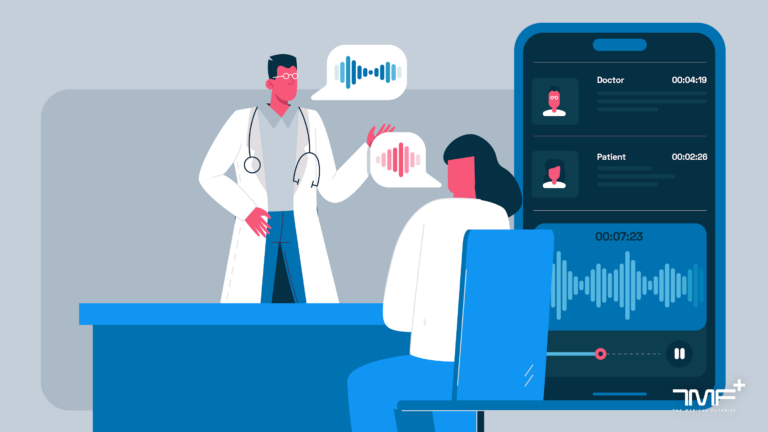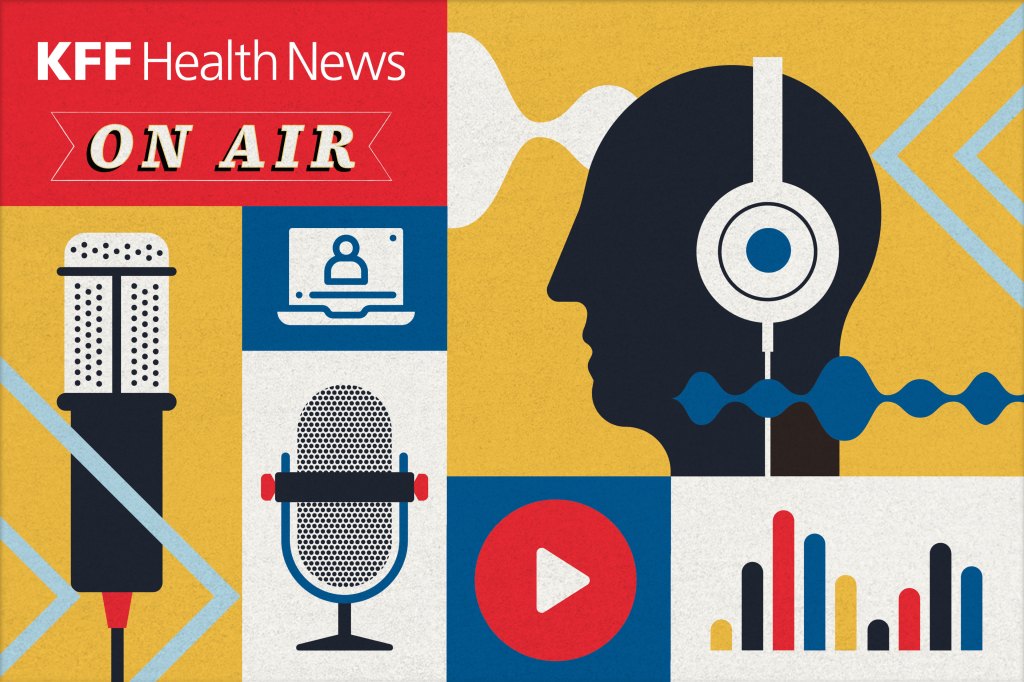HealthPopuli.com – Read More
Today, 1 November, the Supplemental Nutrition Assistance Program (SNAP) will be shuttered and unfunded in at least 25 states until the U.S. Congress agrees to re-open the Federal government and fund this safety net for food security that covers 42 million people in America.
Those 42 million people include 16 million children, about 39% of SNAP program beneficiaries.
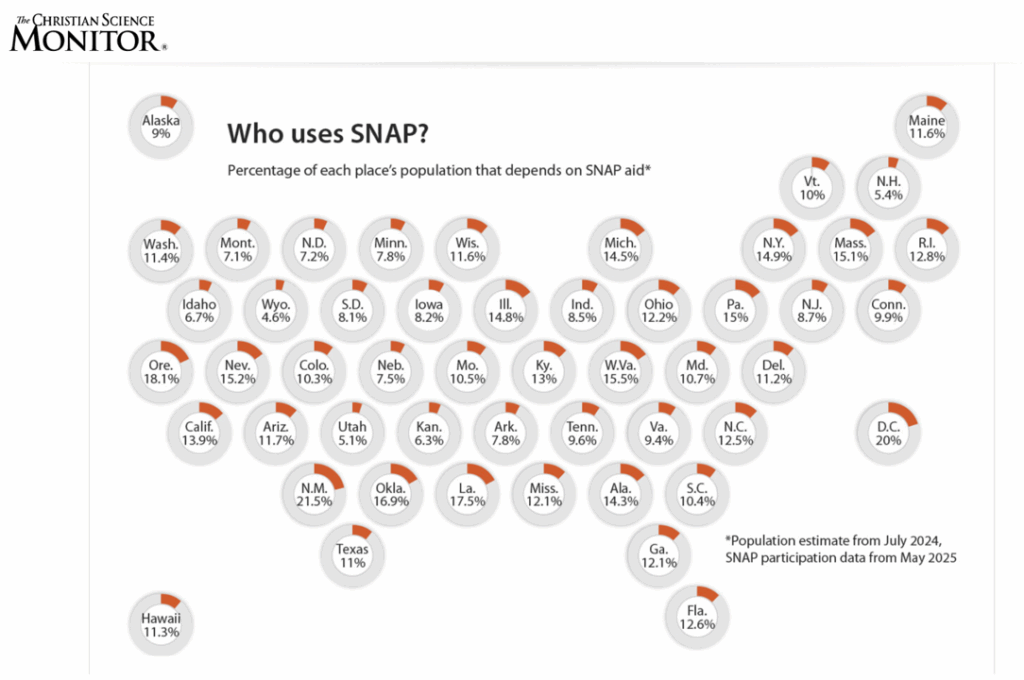
Among the many health care and social care stakeholders who are setting off alarms about the situation, this statement from one of America’s leading physicians, Dr. Shawn Martin, CEO of the American Academy of Family Physicians, make the case for food as a key driver of health — and warns of the erosion in human health and well-being that the shuttering of SNAP will exact on Americans’ health, and what doctors are hearing from patients in exam room.
Dr. Martin has been an innovative doer and thinker in primary care in the U.S., and well understands the role of food in health for individual and families. In this interview, he talks about the central force of trust in health care and in politics, putting at-risk individual and public health.
Erica Kenney, associate professor at the Harvard Chan School of Public Health, told Health Affairs that, “Eating is so fundamental to our survival as human beings, so not being able to consistently access the food you need is a really overwhelmingly stressful experience. And that is worse in situations where someone is caring for children as well—which itself is associated with poorer cardiovascular health.”
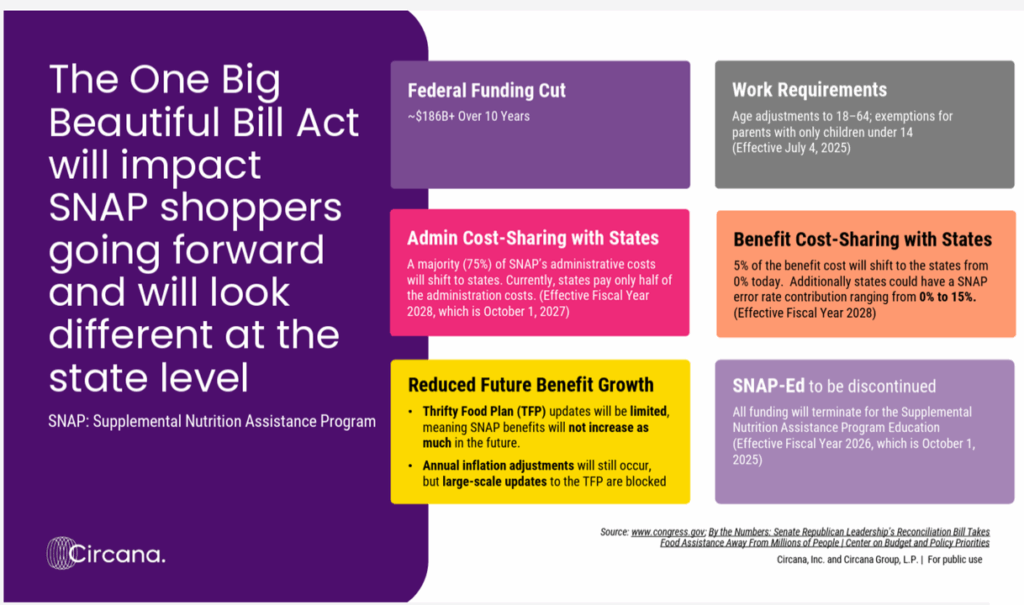
SNAP benefits were already reduced as part of the One Big Beautiful Bill Act of 2025 (OBBBA). The government shutdown will have exacerbated the already-eroded program as of November 1, threatening food security for more people who already face inflationary prices for housing, utilities, and of courses, grocery bills. For more on the OBBBA’s impact on SNAP in the short-term, you can read more about food and health in America here in Health Populi.

In the meantime, as I write this in the middle of a month of travel and work in the U.K. and three EU nations’ big cities, I am struck with the split-screen news that Eli Lilly’s drugs Zepbound and Mounjaro replaced Merck’s Keytruda as the world’s best-selling drug. That analysis was from Visible Alpha, part of S&P Global, who created the data shown here forecast in August earlier this year.
Those two medicines from Lilly are part of the GLP-1 category that deal with obesity and diabetes, and racked up some $10.1 billion in sales in the third quarter, with 2025 year-to-date sales nearly $25 billion.
Health Populi’s Hot Points: Why this is a split-screen moment for me is that working with European health systems and stakeholders in the larger ecosystems, from food to pharma to providers and technology innovators, gives me the opportunity to get out of a U.S. news-and-conversation bubble. I try to stay global and learning 24×7, but having the Atlantic Ocean and different health systems’ collective ethos and social care missions as part of daily conversation truly opens one’s mind and mental whiteboard when taking in news and data.
These two issues converging today — more than converging, they provoke and compel (my) thinking about policy priorities, health system funding, and the definition of public health and well-being. Obesity and Type 2 Diabetes are at least as pronounced in families who are enrolled for SNAP nutrition benefits, as well as among people subscribing to ACA health plans and enrolled in Medicaid programs in the 50 states. Another important data-dot to connect here is that dollar stores were the fastest-growing food retailer channel in the past ten years. Research confirms that items purchased from dollar stores are, on average, less healthy than those purchased elsewhere.”
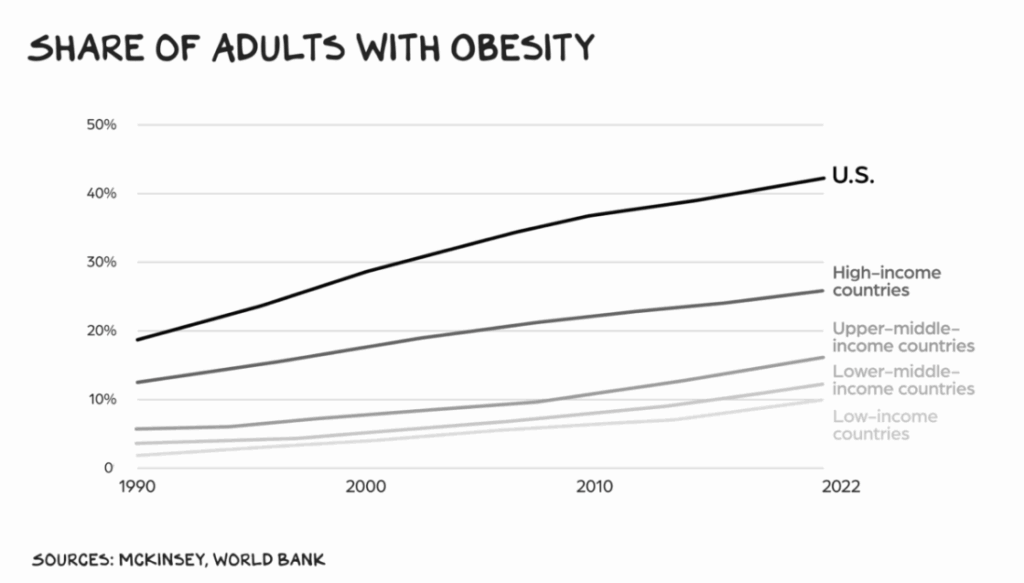
Last week Scott Galloway’s No Mercy/No Malice post talked about Americans “Best Bet” for transforming the U.S. economy should focus more on GLP-1 drugs than GPT-5 (that is, shorthand for the AI economy that is in major bull market mode).
Let’s come together ASAP in the U.S. to wrestle with the inter-relationships of health, food, and the collective well-being and flourishing of all people in America.
The post As SNAP Benefits Threaten to be Cut in the U.S., Eli Lilly’s Obesity Drugs Rise as the World’s Best-Selling Drug appeared first on HealthPopuli.com.



